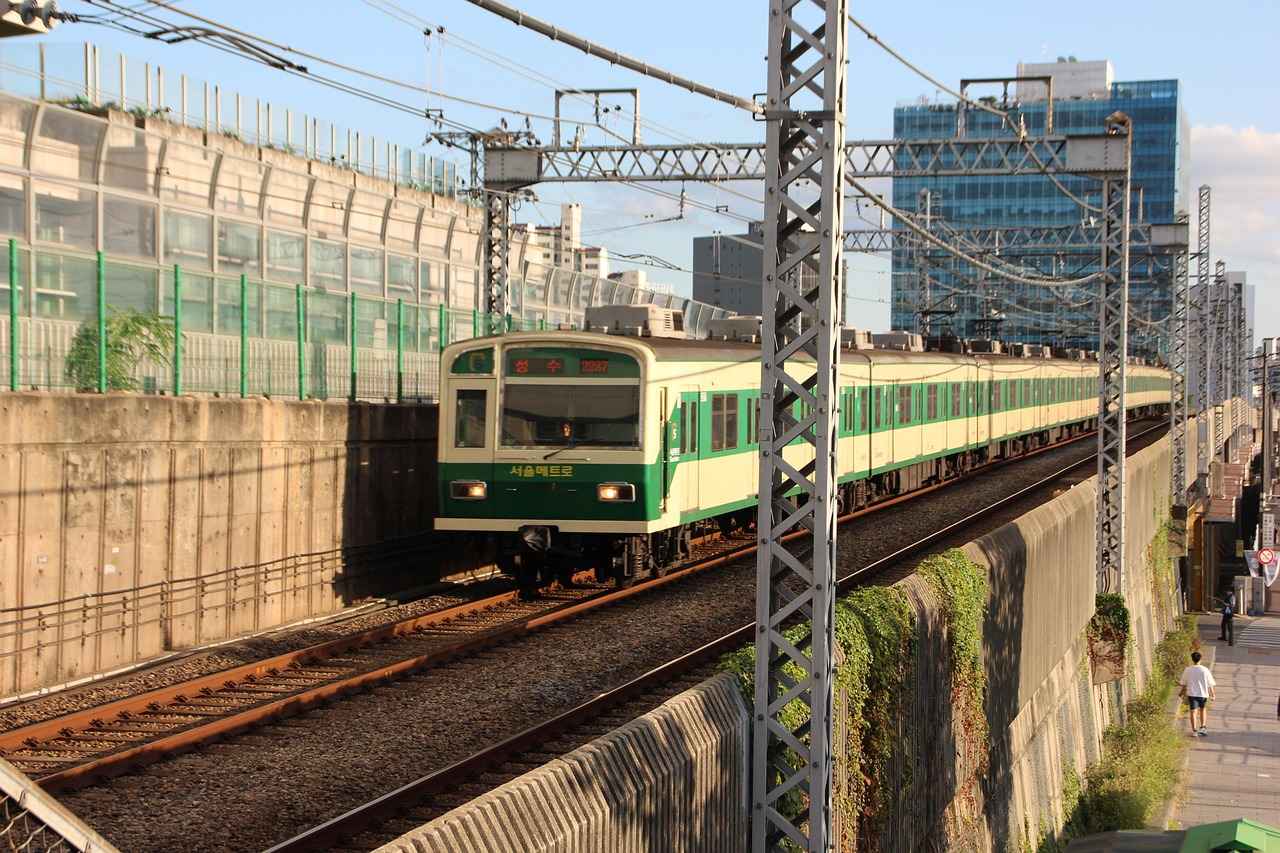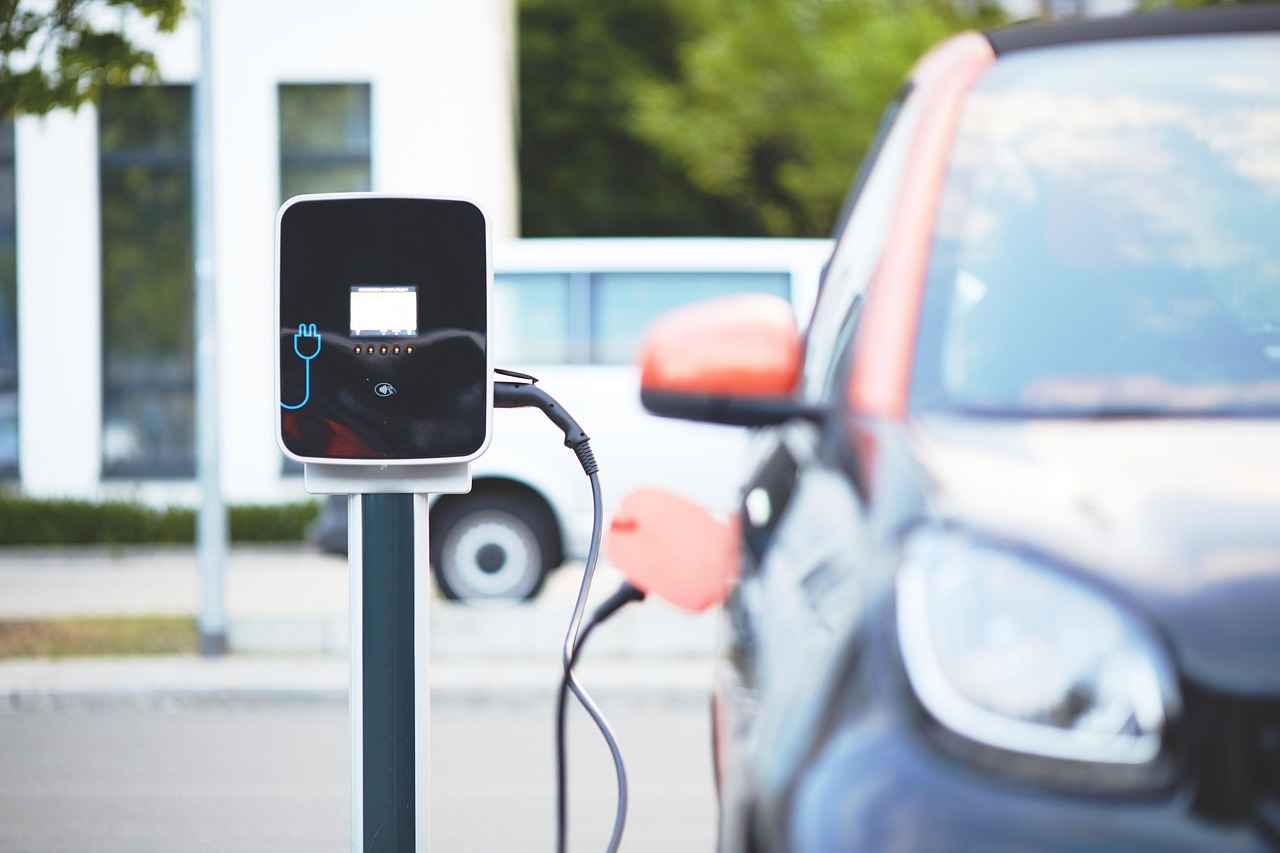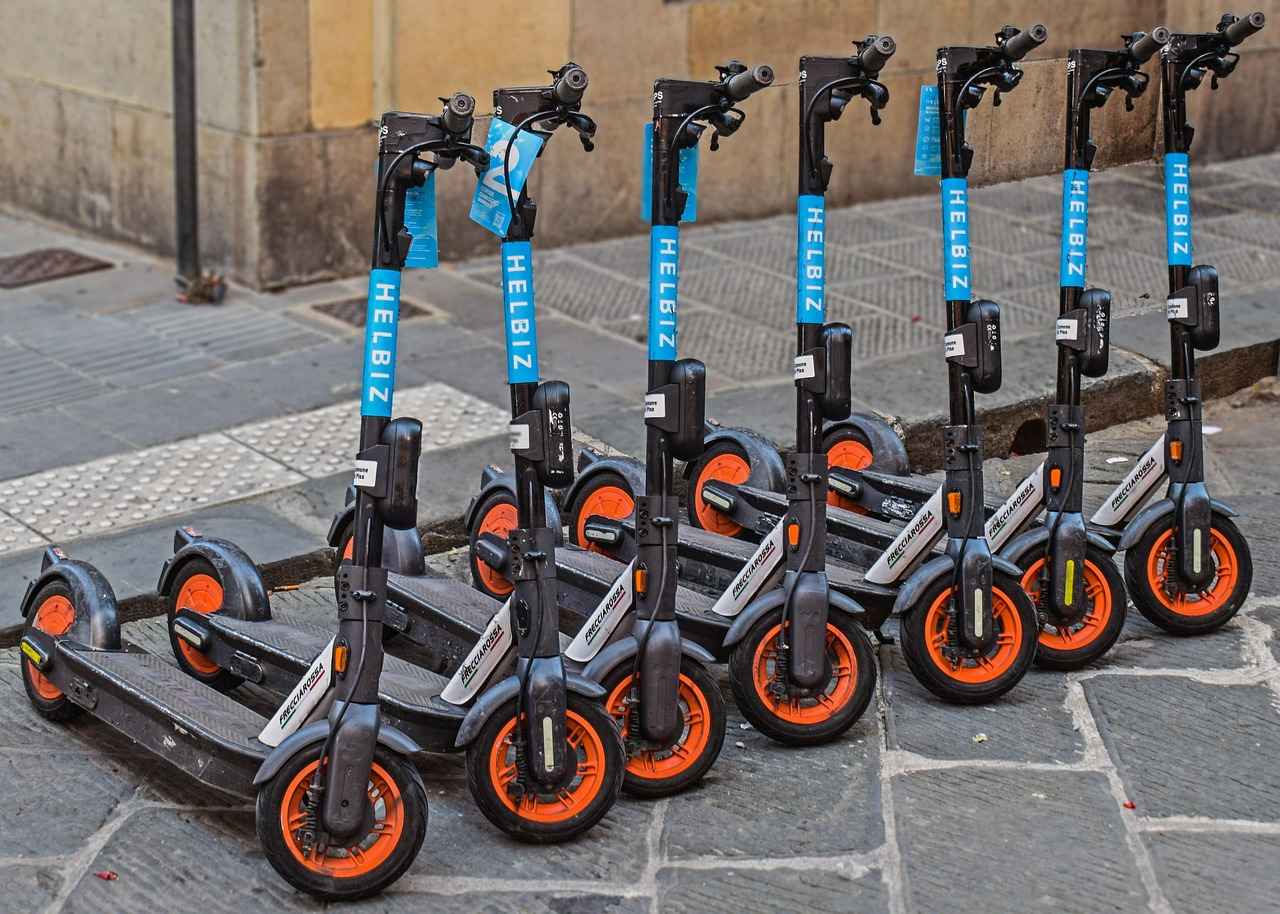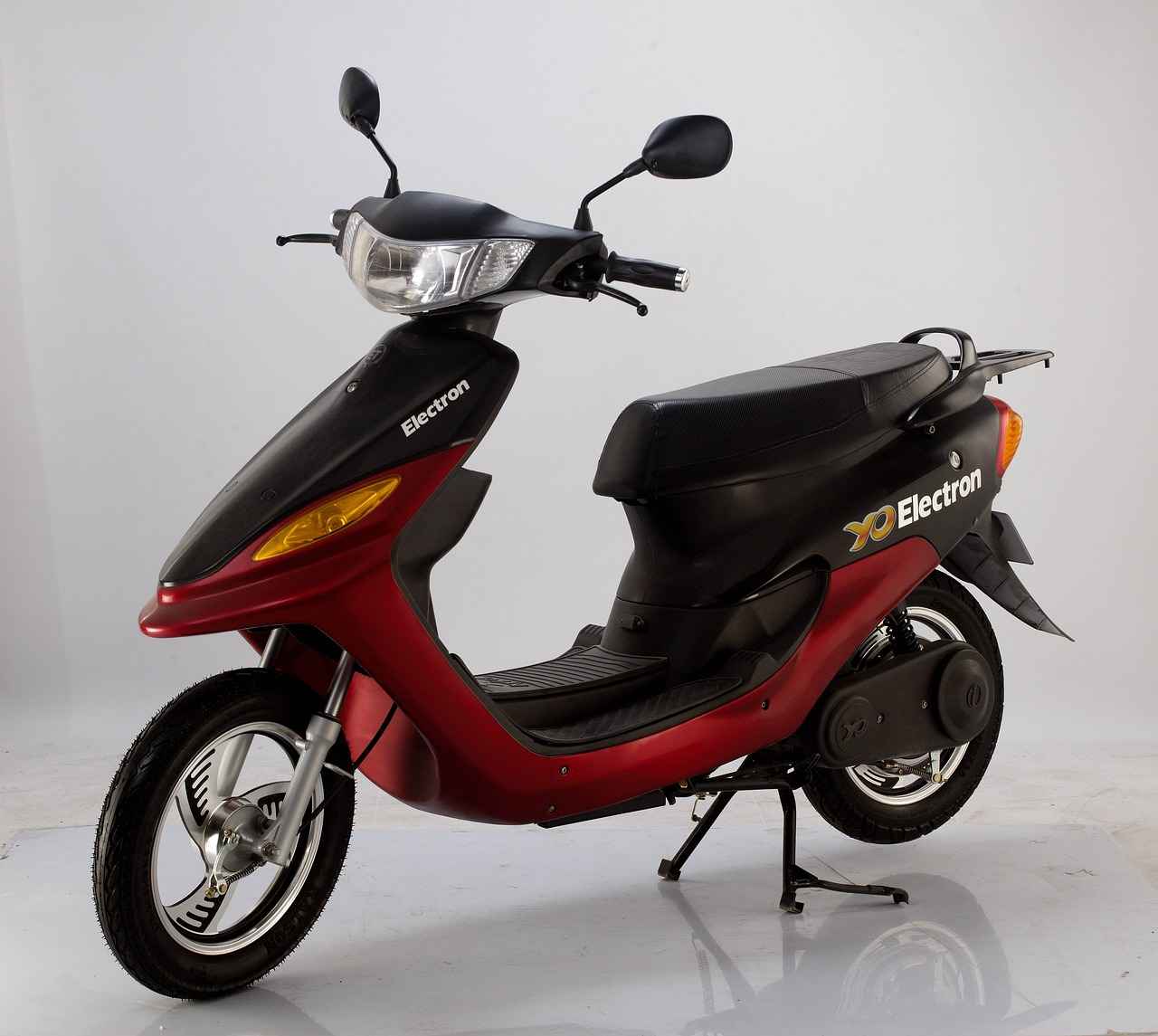This article explores the transformative impact of electric bikes on urban commuting, highlighting their benefits, challenges, and the future of transportation in major cities.
The Rise of Electric Bikes
In recent years, electric bikes have gained immense popularity as a sustainable alternative for urban transportation. Factors such as increasing environmental awareness, rising fuel costs, and the demand for efficient commuting solutions have contributed to their rapid adoption in cities worldwide. With the convenience of electric assistance, cyclists can navigate urban landscapes with ease, making electric bikes a preferred choice for many.
Benefits of Electric Bikes for Commuters
- Reduced Travel Time: Electric bikes allow commuters to bypass traffic jams, significantly shortening travel times.
- Lower Commuting Costs: Compared to cars and public transport, electric bikes are economical, requiring minimal maintenance and no fuel costs.
- Health Benefits: Riding an electric bike promotes physical activity, contributing to better overall health.
Environmental Impact
Electric bikes play a crucial role in reducing carbon emissions, making them an essential component in the fight against climate change. By promoting greener cities, electric bikes contribute to a healthier planet.
Reduction in Traffic Congestion
With more individuals choosing to cycle, electric bikes help alleviate traffic congestion in urban areas. This shift not only benefits cyclists but also leads to smoother commutes for all road users.
Improved Air Quality
The transition to electric bikes contributes to cleaner air in cities, enhancing public health and improving urban living conditions.
Challenges Facing Electric Bike Adoption
Despite their numerous benefits, electric bikes face challenges such as infrastructure limitations and safety concerns. Addressing these issues is vital for broader acceptance.
Infrastructure Development
The lack of adequate cycling infrastructure can hinder electric bike usage. Urban planning must prioritize dedicated bike lanes and charging stations.
Safety Concerns
Safety remains a significant issue for electric bike riders. Measures such as better signage, awareness campaigns, and improved road conditions can enhance rider safety.
The Future of Electric Bikes in Urban Transport
As cities evolve, electric bikes are poised to play a crucial role in future transportation systems. Trends indicate a growing integration with public transport, enhancing urban mobility.
Technological Innovations
Continuous advancements in technology are improving electric bike performance, making them more appealing to a broader audience.
Conclusion: Embracing the Electric Bike Revolution
Electric bikes are reshaping urban commuting, offering sustainable and efficient solutions. Their integration into city life is vital for a greener, more connected future.

The Rise of Electric Bikes
In recent years, electric bikes have seen an unprecedented surge in popularity, emerging as a sustainable alternative for urban transportation. The shift towards electric bikes is not just a trend; it is a response to the growing need for efficient, eco-friendly commuting options in densely populated cities. This section explores the key factors that have contributed to the rapid adoption of electric bikes in urban environments around the globe.
- Environmental Awareness: As climate change becomes an increasingly pressing issue, more individuals are seeking ways to reduce their carbon footprint. Electric bikes offer a green solution by producing zero tailpipe emissions, making them a preferred choice for eco-conscious commuters.
- Technological Advancements: The evolution of battery technology has made electric bikes more accessible and efficient. With longer battery life and shorter charging times, users can travel greater distances without the anxiety of running out of power.
- Urban Infrastructure: Many cities are investing in cycling infrastructure, such as dedicated bike lanes and parking facilities, making it safer and more convenient for riders. This investment has encouraged more people to consider electric bikes as a viable transportation option.
- Cost-Effectiveness: Compared to owning a car or relying on public transport, electric bikes can significantly reduce commuting costs. With lower maintenance and operational expenses, they present a financially attractive alternative.
- Health Benefits: Riding an electric bike promotes physical activity, contributing to better health. While they provide assistance, riders still engage in exercise, which can lead to improved cardiovascular health.
In summary, the rise of electric bikes can be attributed to a combination of environmental awareness, technological advancements, supportive urban infrastructure, and the numerous benefits they offer. As more cities embrace this mode of transportation, the future of commuting looks brighter and more sustainable.

Benefits of Electric Bikes for Commuters
Electric bikes, often referred to as e-bikes, are revolutionizing the way we think about commuting. Their increasing popularity is not just a trend; it reflects a significant shift in urban transportation dynamics. Let’s explore the myriad benefits that electric bikes offer to commuters.
- Reduced Travel Time: One of the most compelling advantages of electric bikes is their ability to significantly decrease travel time. With the assistance of an electric motor, riders can navigate through traffic more efficiently, making it easier to reach their destinations quickly.
- Lower Commuting Costs: E-bikes provide a cost-effective alternative to traditional vehicles. Commuters can save on fuel, parking fees, and maintenance costs. Additionally, the minimal cost of electricity to charge an e-bike makes it a financially savvy choice.
- Health Benefits: Riding an electric bike still requires physical effort, which can contribute to improved cardiovascular health and fitness levels. Commuters can enjoy the benefits of cycling without the extreme exertion required by traditional bikes, making it an ideal choice for individuals of all fitness levels.
- Convenience: E-bikes are often more convenient than cars or public transport, especially in congested urban areas. They can easily be parked and are less likely to be affected by traffic jams. This convenience can lead to a more relaxed and enjoyable commuting experience.
- Environmental Impact: By choosing electric bikes over cars, commuters are making a positive contribution to the environment. E-bikes produce zero emissions during operation, helping to reduce urban pollution and combat climate change.
In summary, electric bikes are transforming the commuting landscape by offering a blend of efficiency, cost savings, health benefits, and environmental consciousness. As more commuters make the switch, we can expect to see a positive shift in urban transportation.
Environmental Impact
Electric bikes, or e-bikes, are revolutionizing urban transportation by offering a sustainable alternative to traditional vehicles. One of the most significant benefits of e-bikes is their ability to reduce carbon emissions. Unlike cars and motorcycles that rely on fossil fuels, electric bikes operate on rechargeable batteries, leading to a substantial decrease in greenhouse gas emissions.
According to recent studies, the use of electric bikes can cut emissions by up to 50% compared to conventional vehicles. This reduction is crucial in the fight against climate change, as transportation is one of the largest contributors to global carbon emissions. By choosing e-bikes, commuters not only lower their personal carbon footprint but also contribute to the broader goal of creating greener cities.
Moreover, the promotion of electric bikes encourages urban planners to develop bike-friendly infrastructure. This includes the creation of dedicated bike lanes, which not only enhance safety for cyclists but also encourage more people to adopt cycling as a primary mode of transportation. As more individuals opt for e-bikes, cities can expect a decrease in traffic congestion, leading to smoother commutes for all residents.
Furthermore, the environmental benefits extend beyond just carbon emissions. Electric bikes help to improve air quality in urban areas by reducing the number of polluting vehicles on the road. Cleaner air results in better public health outcomes, contributing to a higher quality of life for city dwellers.
In conclusion, electric bikes play a vital role in promoting environmental sustainability. By significantly reducing carbon emissions and improving air quality, they are essential in the movement towards combatting climate change and fostering healthier urban environments.
Reduction in Traffic Congestion
In today’s bustling urban environments, traffic congestion is a significant issue that affects millions of commuters daily. As cities grow and the number of vehicles on the road increases, finding effective solutions to alleviate this problem becomes crucial. One of the most promising solutions is the rise of electric bikes, which are rapidly gaining popularity as a viable mode of transportation. By encouraging more individuals to cycle, electric bikes can significantly contribute to reducing traffic congestion in urban areas.
Electric bikes, or e-bikes, offer an efficient alternative to traditional vehicles. They combine the convenience of cycling with the added benefit of electric assistance, making it easier for people of all fitness levels to commute. This shift towards cycling can lead to a dramatic reduction in the number of cars on the road, which in turn helps to ease traffic flow. As more people opt for e-bikes, the streets become less congested, allowing for smoother commutes for everyone.
Moreover, the use of electric bikes can help to reduce travel times. Unlike cars, which often get stuck in traffic jams, cyclists can navigate through congested areas more easily. E-bikes allow riders to maintain higher speeds with less effort, making them an attractive option for those looking to save time on their daily journeys. This efficiency not only benefits the riders but also contributes to a more efficient overall transportation system.
Additionally, the increased adoption of electric bikes can lead to a cultural shift in how we view commuting. As more individuals embrace cycling as a legitimate mode of transport, cities may prioritize the development of cycling infrastructure, such as dedicated bike lanes and secure parking facilities. This investment in cycling infrastructure can further encourage people to choose e-bikes over cars, creating a positive feedback loop that continues to alleviate traffic congestion.
In conclusion, the promotion of electric bikes as a primary means of transport can have a profound impact on urban traffic congestion. By fostering a cycling culture and investing in the necessary infrastructure, cities can pave the way for smoother commutes, improved air quality, and a more sustainable future. Embracing electric bikes not only benefits individual commuters but also enhances the quality of life for everyone living in urban areas.
Improved Air Quality
The transition to electric bikes is a pivotal shift in urban transportation, leading to significant improvements in air quality across cities. As more individuals opt for electric bikes over traditional gasoline-powered vehicles, the reduction in harmful emissions becomes increasingly evident. This section explores the multifaceted benefits of cleaner air on public health and urban living conditions.
- Reduction of Air Pollutants: Electric bikes emit zero tailpipe emissions, which drastically reduces pollutants such as nitrogen oxides and particulate matter. These pollutants are known to contribute to respiratory issues and other health problems.
- Health Benefits: Improved air quality directly correlates with better public health outcomes. Studies have shown that lower levels of air pollution can lead to a decrease in asthma cases, cardiovascular diseases, and other respiratory ailments.
- Enhanced Urban Living Conditions: Cleaner air not only benefits individual health but also enhances the overall quality of life in urban areas. Residents experience a more pleasant environment, which can lead to increased outdoor activities and a stronger sense of community.
- Climate Change Mitigation: By reducing reliance on fossil fuels, electric bikes contribute to the fight against climate change. This long-term impact is crucial for sustaining urban ecosystems and ensuring future generations can enjoy clean air.
Furthermore, the increased adoption of electric bikes can lead to a ripple effect, encouraging city planners to prioritize green spaces and sustainable transportation initiatives. As cities become more bike-friendly, the overall urban landscape transforms, promoting healthier lifestyles and fostering a more vibrant community.
In conclusion, the shift towards electric bikes is not just a trend; it is a necessary evolution in urban transportation that plays a critical role in enhancing air quality. As cities continue to embrace this change, the positive effects on public health and living conditions will likely become even more pronounced.
Cost-Effectiveness of Electric Bikes
In today’s fast-paced urban environment, electric bikes have emerged as a compelling alternative for commuters seeking to save money while enjoying the benefits of sustainable transportation. The financial advantages of using electric bikes compared to traditional cars and public transport are significant and worth exploring.
- Lower Initial Costs: While the upfront cost of an electric bike may seem high, it is often less than the total cost of purchasing, maintaining, and fueling a car. Many electric bikes are available at a range of prices, making them accessible to a wider audience.
- Reduced Fuel Expenses: Electric bikes operate on electricity, which is considerably cheaper than gasoline. Commuters can expect to spend a fraction of what they would on fuel for a car, leading to substantial savings over time.
- Minimal Maintenance Costs: Electric bikes require less maintenance than cars. With fewer moving parts, the likelihood of costly repairs is significantly reduced. Regular upkeep, such as tire inflation and battery checks, is straightforward and inexpensive.
- Elimination of Parking Fees: Commuting by electric bike can also save money on parking. Many urban areas charge hefty fees for parking spaces, whereas bikes can be parked in designated areas at little to no cost.
- Incentives and Subsidies: Some cities offer financial incentives for purchasing electric bikes, including tax credits or rebates. This can further reduce the overall cost and encourage more commuters to make the switch.
In conclusion, the economic benefits of electric bikes make them a smart choice for commuters. By reducing fuel costs, maintenance expenses, and parking fees, electric bikes not only contribute to personal savings but also promote a more sustainable future for urban transportation.

Challenges Facing Electric Bike Adoption
As electric bikes continue to gain traction in urban environments, they encounter a variety of challenges that could hinder their widespread adoption. Understanding these obstacles is crucial for stakeholders aiming to promote electric bike use. This section delves into the primary challenges, including infrastructure limitations and safety concerns, while also exploring potential solutions to overcome these issues.
| Challenge | Description | Potential Solutions |
|---|---|---|
| Infrastructure Limitations | Many cities lack the necessary infrastructure, such as dedicated bike lanes and charging stations, to support electric bike usage. |
|
| Safety Concerns | The risk of accidents and injuries remains a significant barrier for potential riders. |
|
Addressing these challenges requires a collaborative effort among city planners, policymakers, and the public. By investing in the right infrastructure and prioritizing safety, cities can create an environment that encourages the adoption of electric bikes. This not only benefits individual commuters but also contributes to a sustainable urban future.
In conclusion, while electric bikes face hurdles in their adoption, proactive measures can pave the way for their integration into urban transportation systems. With the right strategies, cities can harness the potential of electric bikes to enhance mobility and foster a greener environment.
Infrastructure Development
is a critical factor in the successful adoption of electric bikes in urban environments. The lack of adequate cycling infrastructure can significantly hinder their usage, limiting their potential benefits for commuters and the environment alike. In this section, we will explore why dedicated bike lanes and charging stations are essential components of urban planning.
As cities grow and evolve, the need for dedicated bike lanes becomes increasingly apparent. These lanes provide a safe space for cyclists, separating them from motor vehicle traffic. This separation not only enhances safety but also encourages more individuals to consider cycling as a viable transportation option. Studies have shown that cities with extensive cycling infrastructure see a notable increase in bike usage, leading to reduced traffic congestion and improved air quality.
Moreover, the integration of charging stations for electric bikes is vital. Without accessible charging options, potential users may hesitate to invest in electric bikes, fearing they will run out of battery during their commute. By incorporating charging stations into urban design—especially in high-traffic areas—cities can alleviate these concerns and promote the use of electric bikes. This infrastructure not only supports current users but also attracts new ones, fostering a culture of cycling.
Furthermore, urban planners must consider the connectivity of bike lanes with public transport systems. Ensuring that bike lanes link seamlessly with bus and train stations can create a comprehensive transportation network that encourages multi-modal commuting. This connectivity can significantly enhance the overall commuting experience, making it more efficient and environmentally friendly.
In conclusion, addressing the infrastructure needs for electric bikes is crucial for their widespread adoption. By investing in dedicated bike lanes and charging stations, cities can facilitate a shift towards sustainable urban transportation, ultimately leading to healthier communities and a greener planet.
Safety Concerns
for electric bike riders are an increasingly important topic as these vehicles gain popularity in urban environments. The rise of electric bikes has brought about a new set of challenges, particularly when it comes to ensuring the safety of riders. This section explores the various risks involved and the measures that can be implemented to enhance rider safety.
One of the primary risks faced by electric bike riders is the potential for collisions with vehicles or pedestrians. As electric bikes can reach higher speeds than traditional bicycles, the consequences of an accident can be severe. Riders must be aware of their surroundings and adhere to traffic laws to minimize these risks.
- Wear Protective Gear: Helmets, knee pads, and reflective clothing can significantly reduce the risk of injury in the event of an accident.
- Follow Traffic Rules: Riders should always obey traffic signals and signs, ensuring they are visible to other road users.
- Use Designated Bike Lanes: Whenever possible, riders should stick to bike lanes or paths to avoid conflicts with motor vehicles.
Another concern is the lack of awareness among drivers regarding the presence of electric bikes. This can lead to dangerous situations, particularly at intersections. To combat this issue, education campaigns aimed at both riders and drivers can foster greater understanding and respect on the road.
Moreover, cities are increasingly recognizing the need for improved bicycle infrastructure, such as dedicated bike lanes and improved signage. These enhancements not only protect riders but also encourage more people to consider electric bikes as a viable commuting option.
In conclusion, while electric bike riding presents certain risks, adopting safety measures and advocating for better infrastructure can significantly enhance rider safety. By prioritizing safety, we can ensure that electric bikes remain a sustainable and enjoyable mode of transportation.

The Future of Electric Bikes in Urban Transport
As urban landscapes continue to evolve, the role of electric bikes in transportation systems is becoming increasingly significant. This section explores the anticipated trends and innovations that are likely to shape the future of electric bike usage in cities worldwide.
- Integration with Smart City Initiatives: Cities are moving towards smart technology to enhance urban living. Electric bikes can seamlessly integrate with smart city infrastructure, utilizing data analytics for optimized routing and traffic management. This integration not only improves efficiency but also enhances the overall commuting experience.
- Expansion of Bike-Sharing Programs: The rise of bike-sharing initiatives is expected to continue, making electric bikes more accessible to a broader audience. These programs can reduce the need for personal vehicle ownership, promoting sustainability and reducing urban congestion.
- Technological Advancements: Continuous innovations in battery technology and lightweight materials are set to enhance the performance and affordability of electric bikes. Features such as improved range, faster charging times, and integrated GPS navigation systems will make electric bikes more appealing to commuters.
- Policy Support and Infrastructure Development: Governments are recognizing the importance of electric bikes in reducing traffic congestion and emissions. Policies aimed at developing dedicated bike lanes and charging stations will be crucial in encouraging more people to adopt electric biking as a primary mode of transportation.
- Health and Wellness Focus: As urban populations become more health-conscious, electric bikes offer a convenient way to incorporate physical activity into daily routines. They provide an excellent alternative for those who may find traditional cycling daunting, promoting a healthier lifestyle.
In conclusion, the future of electric bikes in urban transport is bright, driven by technological advancements, policy support, and a growing awareness of sustainability. As cities adapt to these changes, electric bikes will undoubtedly play a crucial role in creating more efficient, healthier, and environmentally friendly urban environments.
Integration with Public Transport
is a crucial aspect of enhancing urban mobility, particularly in the context of electric bikes. As cities around the world grapple with congestion and pollution, the synergy between electric bikes and public transport systems emerges as a promising solution. This integration not only streamlines commuting but also promotes a more sustainable urban environment.
Electric bikes can serve as a first-mile/last-mile solution, bridging the gap between public transport stations and commuters’ final destinations. By allowing riders to cover short distances efficiently, electric bikes can reduce the reliance on cars for these segments of the journey. This is especially beneficial in urban areas where traffic congestion is prevalent.
Moreover, the integration of electric bikes with public transport systems can lead to increased accessibility. For instance, cities can implement bike-sharing programs at major transit hubs, making it easier for commuters to switch between modes of transport. This not only enhances convenience for users but also encourages more people to opt for public transport, reducing the overall number of vehicles on the road.
To facilitate this integration, cities need to invest in infrastructure improvements. This includes creating dedicated bike lanes, secure bike parking at transit stations, and easy access to charging stations for electric bikes. Such developments can enhance safety and encourage more riders to utilize electric bikes as a viable commuting option.
Furthermore, public transport systems can benefit from partnerships with electric bike providers. By offering discounts or incentives for commuters who use both modes of transport, cities can encourage a shift towards more sustainable commuting practices. This holistic approach not only improves urban mobility but also contributes to a reduction in carbon emissions, promoting a cleaner environment.
In conclusion, the integration of electric bikes with public transport systems represents a significant opportunity for cities to enhance urban mobility. By investing in the necessary infrastructure and fostering partnerships, cities can create a seamless commuting experience that encourages more sustainable transportation choices.
Technological Innovations
in electric bikes are revolutionizing the way we commute, making them more efficient, accessible, and enjoyable for riders. As advancements in technology continue to evolve, the performance and functionality of electric bikes are witnessing significant enhancements. These innovations not only improve the riding experience but also contribute to the broader adoption of electric bikes in urban environments.
One of the most notable advancements is the development of lighter and more powerful batteries. Modern electric bikes now feature lithium-ion batteries that offer longer ranges and shorter charging times. This means riders can travel further without the anxiety of running out of power, making electric bikes a viable option for longer commutes.
Additionally, the integration of smart technology has transformed electric bikes into connected devices. Many models now come equipped with features such as GPS navigation, Bluetooth connectivity, and smartphone apps that track performance metrics. These features not only enhance the user experience but also allow riders to monitor their health and fitness levels more effectively.
Motor technology has also seen significant improvements. The latest electric bikes utilize hub and mid-drive motors that provide better torque and efficiency, allowing for smoother rides on various terrains. This technological leap ensures that riders can tackle hills and rough paths with ease, enhancing the overall biking experience.
Furthermore, advancements in safety features are making electric bikes safer for urban commuting. Innovations such as integrated lighting systems, anti-lock braking systems (ABS), and enhanced visibility through reflective materials are becoming standard. These features help to protect riders in busy city environments, promoting safer commuting practices.
As we look to the future, the ongoing research and development in electric bike technology promise even greater enhancements. From improved battery life to more sophisticated safety measures, these innovations will continue to shape the landscape of urban commuting, making electric bikes an increasingly attractive option for riders.

Conclusion: Embracing the Electric Bike Revolution
Electric bikes are revolutionizing the way we commute in urban environments, becoming a cornerstone of modern transportation. As cities grapple with congestion and pollution, electric bikes emerge as a sustainable and efficient alternative to traditional vehicles. Their integration into daily life is not just a trend but a necessary shift towards a greener future.
The growing popularity of electric bikes can be attributed to several factors. Firstly, they offer flexibility in navigating through congested streets, allowing commuters to bypass traffic jams. Secondly, the environmental benefits are significant, as electric bikes produce zero emissions, contributing to cleaner air and a healthier urban ecosystem. This shift is crucial in combating climate change and reducing the carbon footprint of urban transportation.
Moreover, electric bikes provide economic advantages. Commuters can save on fuel and parking costs, making them an attractive option for budget-conscious individuals. The health benefits cannot be overlooked either; riding an electric bike encourages physical activity, promoting overall well-being.
However, the rise of electric bikes is not without challenges. Infrastructure development is essential to support their widespread adoption. Cities need to invest in dedicated bike lanes and charging stations to ensure safety and convenience for riders. Additionally, addressing safety concerns is paramount, as riders face risks from traffic and road conditions. Implementing better safety measures and raising public awareness can help mitigate these risks.
Looking ahead, the future of electric bikes in urban transport is promising. Their integration with public transport systems can create a seamless commuting experience, while technological innovations continue to enhance their performance and accessibility. As cities evolve, electric bikes will undoubtedly play a vital role in shaping sustainable urban mobility.
In conclusion, embracing the electric bike revolution is essential for a more connected and environmentally friendly future. By prioritizing their integration into city life, we can pave the way for a sustainable transportation system that benefits everyone.
Frequently Asked Questions
- What are the main benefits of using electric bikes for commuting?
Electric bikes offer a range of benefits, including reduced travel time, lower commuting costs, and health advantages. They allow you to navigate through traffic easily, save money on fuel or public transport, and provide a great way to stay active.
- How do electric bikes impact the environment?
Electric bikes significantly reduce carbon emissions compared to traditional vehicles, contributing to cleaner air and a greener city. By encouraging more people to cycle, they help combat climate change and promote a healthier urban environment.
- What challenges do electric bikes face in urban areas?
Despite their benefits, electric bikes encounter challenges like infrastructure limitations and safety concerns. Many cities lack dedicated bike lanes and charging stations, which can hinder their adoption and increase the risks for riders.
- How can cities improve electric bike infrastructure?
Cities can enhance electric bike usage by developing dedicated bike lanes, increasing the number of charging stations, and implementing public awareness campaigns to promote safe riding practices.
- What is the future of electric bikes in urban transport?
The future looks bright for electric bikes as they are likely to be integrated with public transport systems and benefit from technological innovations. This integration will streamline commuting and make urban mobility even more efficient.















